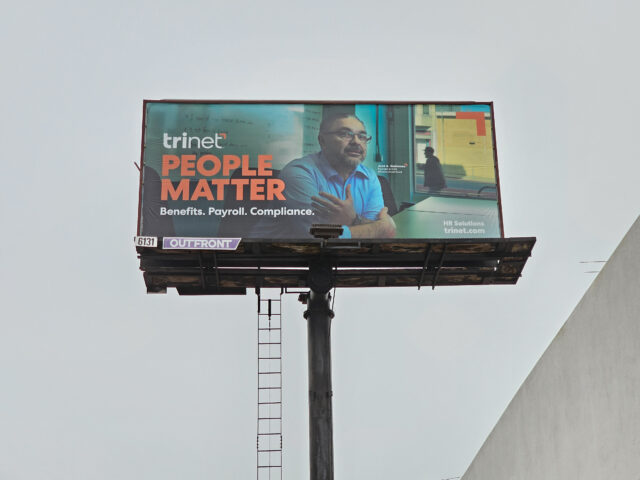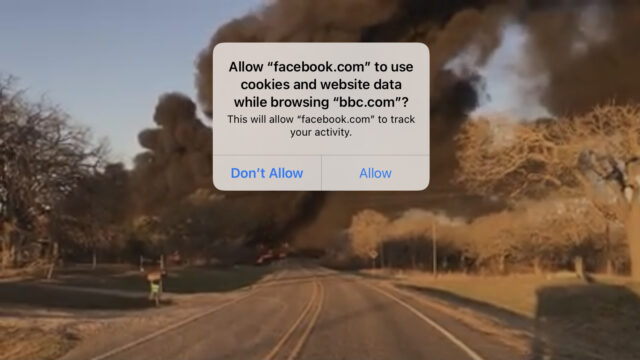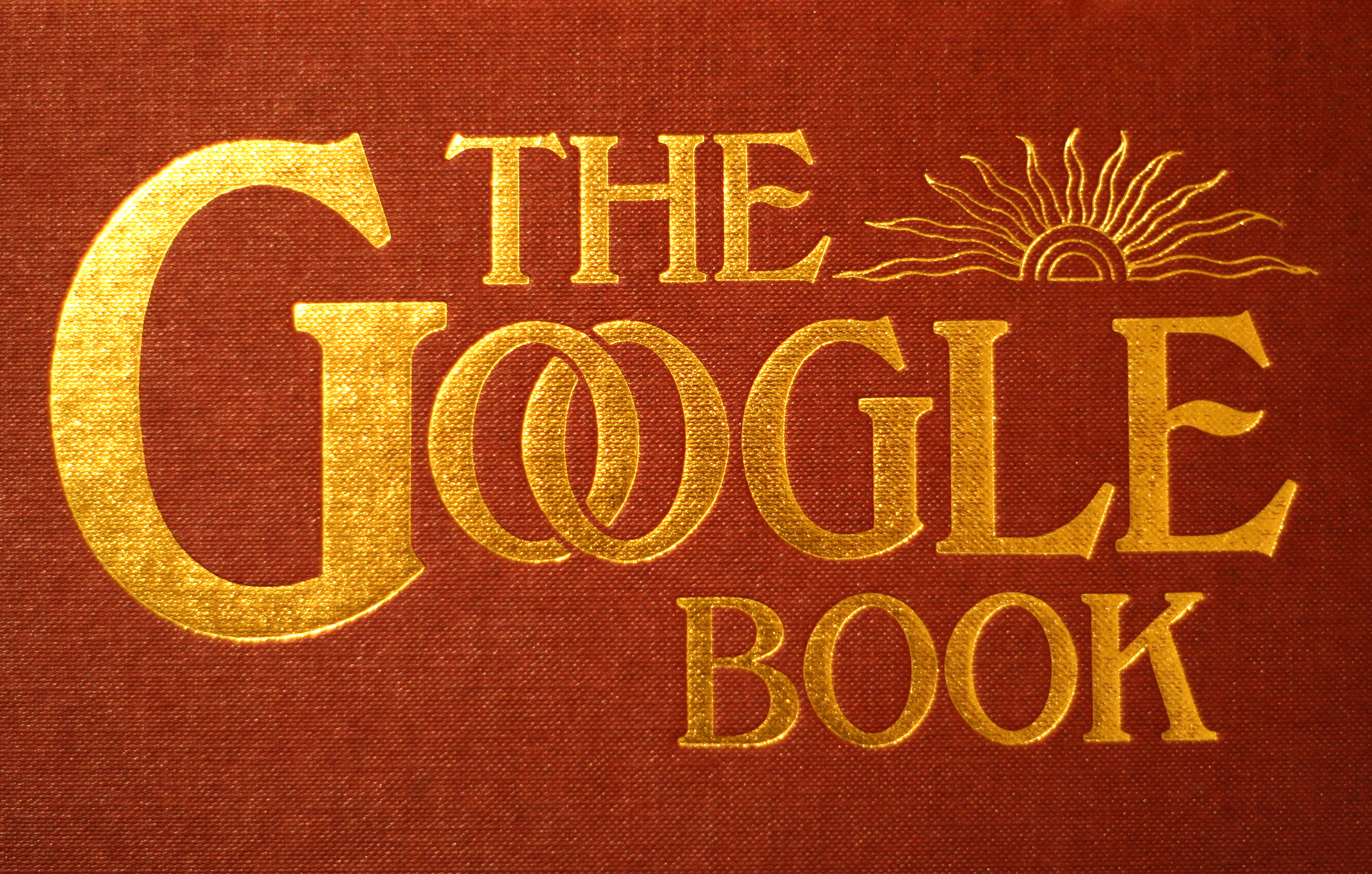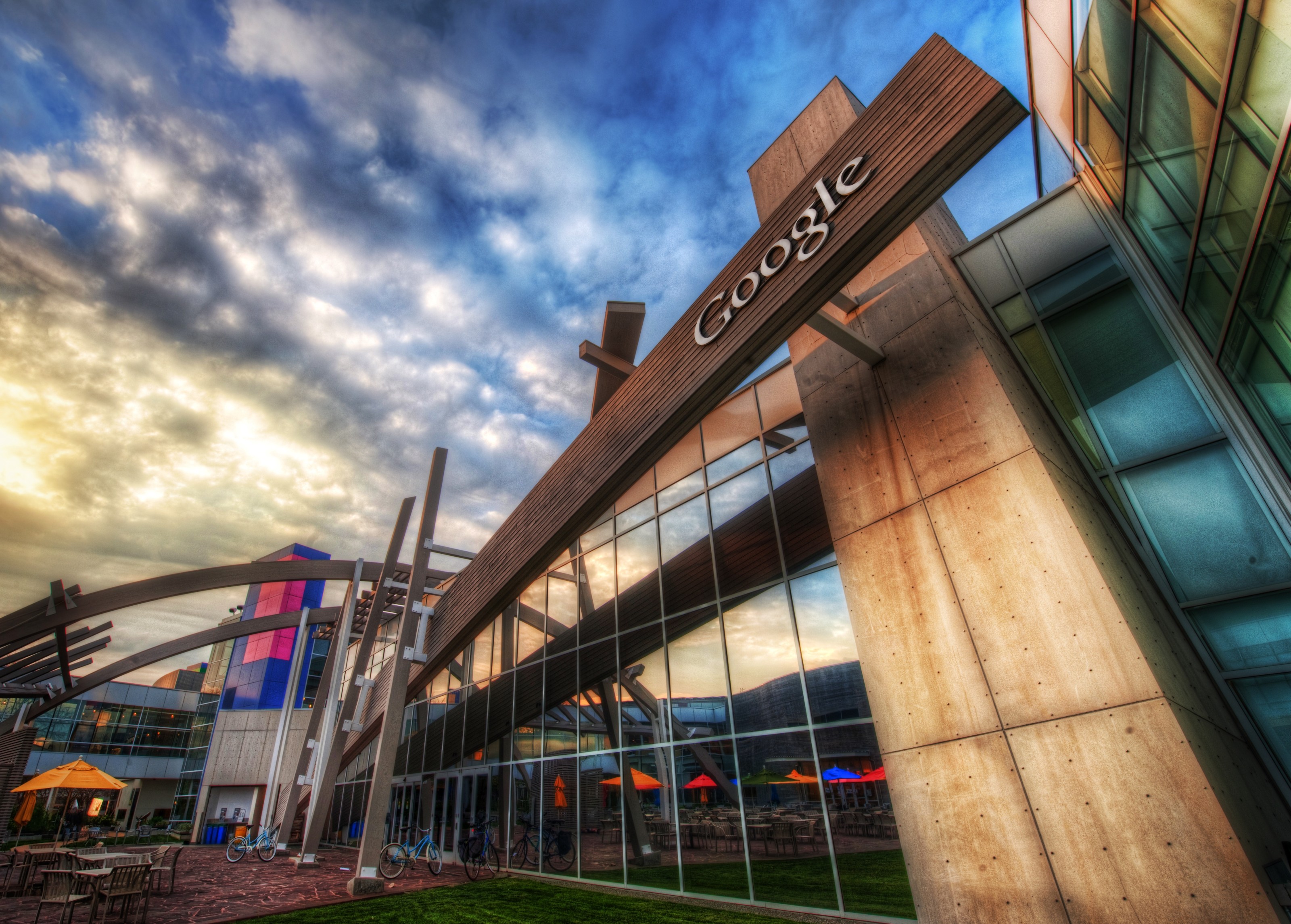The Democrats’ convention ends today (finally). Like last month’s Republican event, I bothered not to watch the speeches. My disinterest is all the greater for this week’s political powwow in Chicago—if for no other reason than Joseph Biden’s virtual assassination. As previously stated, it was clear to me weeks before his disastrous debate performance on June 27, 2024 that he was being set up.
I still can’t reckon why Biden and his team chose to take on Trump before the convention, or delegates’ virtual role call beforehand. Debates are always held in September and October, after candidates are formally chosen. Who voted for Kamala Harris? Nobody. Biden’s ouster removed the democratically chosen candidate during the primary voting process. Stated differently, at least for this election cycle, Democrats have proven to be undemocratic.











